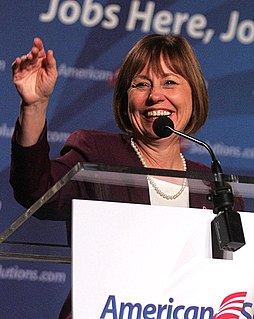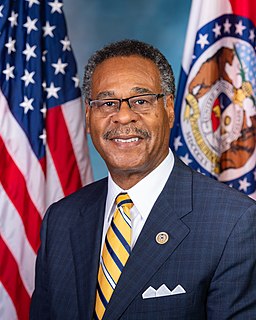A Quote by Jill Stein
Such a thing as ending unemployment would never occur to Washington politicians because their corporate backers depend on the threat of unemployment to keep wages down.
Quote Topics
Related Quotes
To politicians, solved problems represent a dire threat - of unemployment and poverty. That's why no problem ever tackled by the government has ever been solved. What they want is lots of problems they can promise to solve, so that we'll keep electing them - or letting them keep their jobs in a bureaucracy metastasizing like cancer.
Free migration within Europe means that countries that have done a better job at reducing unemployment will predictably end up with more than their fair share of refugees. Workers in these countries bear the cost in depressed wages and higher unemployment, while employers benefit from cheaper labor.
All of the progress that the US has made over the last couple of centuries has come from unemployment. It has come from figuring out how to produce more goods with fewer workers, thereby releasing labor to be more productive in other areas. It has never come about through permanent unemployment, but temporary unemployment, in the process of shifting people from one area to another.
You would think that if any group in America had 20% to 25% unemployment, it would generate all kinds of attention. The Labor Department would understandably and necessarily begin to concentrate on what can we do to reduce this level of unemployment. Congress would give great time on the floor for debate on what can be done.
The black unemployment rate has to be twice that of the white rate in the US. If the national unemployment rate were 6.8 percent, everyone would be freaking out. We ought to not take too much solace in the 6.8 percent, but ask ourselves what can we do to bring that down to white rates, which are below 4 percent now. Some of that has to do with education, but that's just part of the story. You find that those unemployment differentials persist across every education level. I think it means pushing back on discrimination and helping people who can't find work get into the job market.
































